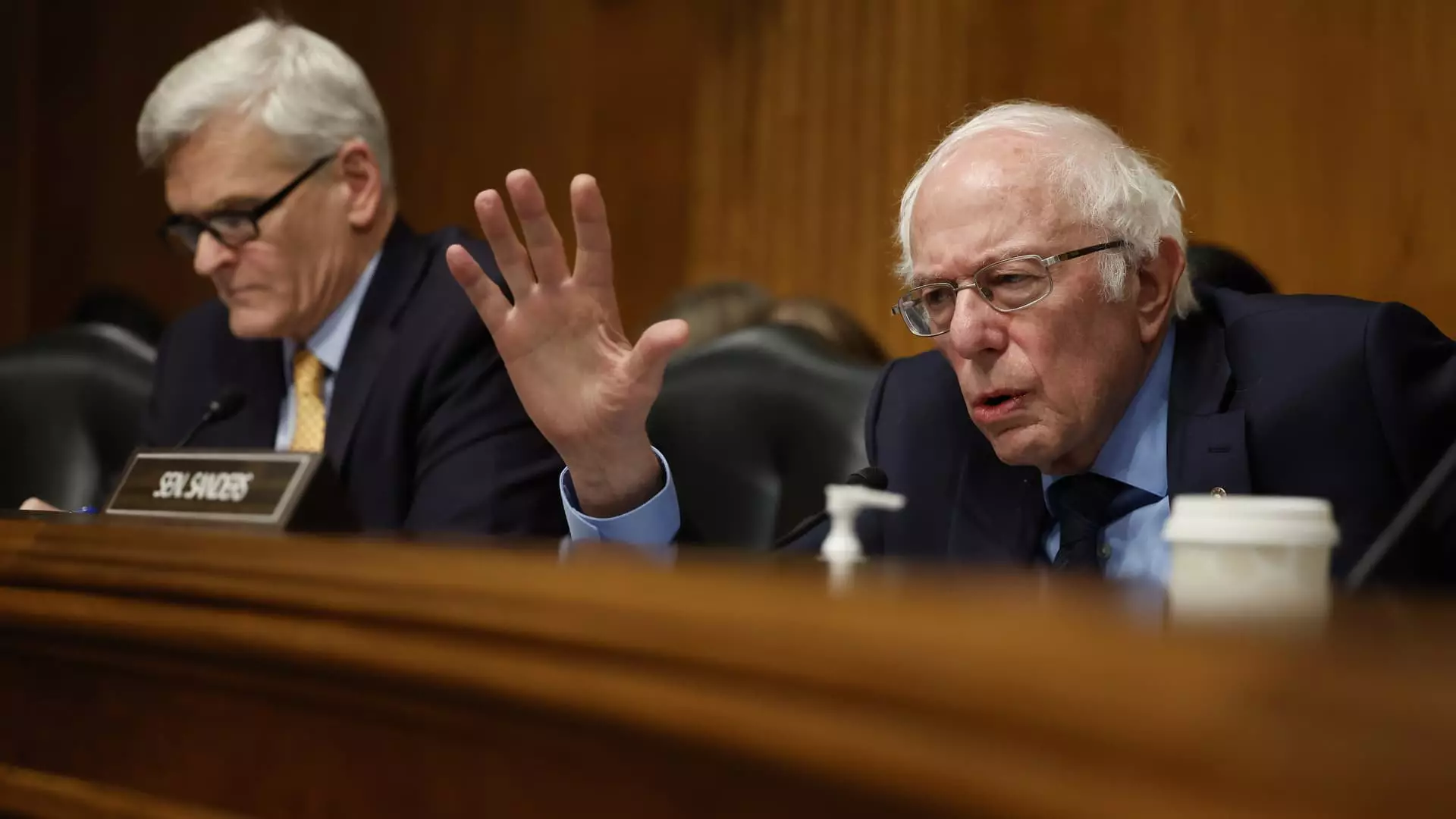Senator Bernie Sanders and Senate Democrats have proposed a bill that would require a 32-hour federal workweek, citing advancements in artificial intelligence and automation. They argue that despite the technological advancements and increased worker productivity, many Americans are still working long hours for low wages. Sanders emphasized that Americans work more hours than individuals in any other wealthy nation, and the proposed bill aims to address this issue by gradually reducing the standard workweek from 40 hours to 32 hours over four years.
While Democrats support the bill as a way to allow workers more time for family and hobbies, Republicans have expressed concerns. They believe that implementing a mandated 32-hour workweek would negatively impact small businesses and industries such as retail stores, which often operate six or more days per week. Senator Bill Cassidy of Louisiana argued that the proposal would fuel inflation and harm businesses that rely on longer workweeks to survive.
During a hearing on the proposed bill, experts presented contrasting views on the potential outcomes of a shorter workweek. Boston College sociology professor Juliet Schor shared research suggesting that productivity would increase among both workers and management with a four-day, 32-hour workweek. Schor also noted improvements in employees’ well-being outside of the workplace. On the other hand, Liberty Vittert, a data science professor at Washington University in St. Louis, disputed claims of increased productivity with a shorter workweek, stating that any gains would diminish over time.
Impact of AI and Automation
The debate also touched on the role of artificial intelligence (AI) and automation in the economy. While some believe that technological advancements will eventually lead to reduced work hours for most individuals, others argue that certain sectors, like local businesses, may not benefit from increased productivity due to AI. Senator Cassidy suggested further exploration of AI’s impact on the economy to better understand its implications for the workforce.
The proposal for a 32-hour workweek has sparked a contentious debate among lawmakers and experts. While supporters believe that it could lead to improved work-life balance and increased productivity, opponents warn of detrimental effects on businesses and industries that rely on longer work hours. The intersection of AI, automation, and workforce policies adds another layer of complexity to the discussion, highlighting the need for careful consideration and thorough analysis before implementing significant changes to labor laws.


Leave a Reply